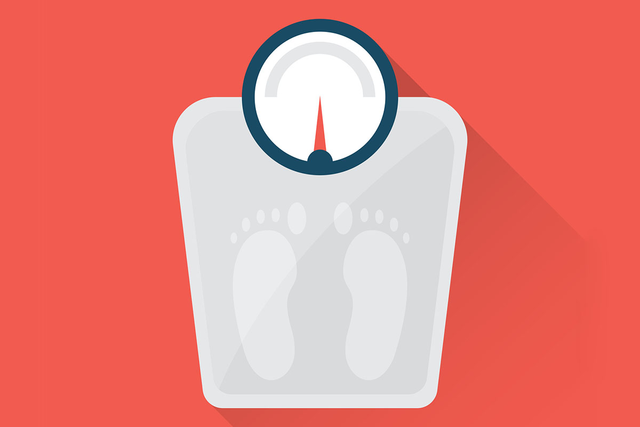
Research suggests that millennials are twice as likely to develop some cancers as baby boomers were at the same age, and obesity is the likely culprit.
There is a lot to celebrate in the battle against cancer. Research by the American Cancer Society (ACS) shows that the US death rate from cancer fell by 27% from 1991 to 2016. Much of the decline is due to less smoking, as well as better screening and treatment of cancer.
But a disturbing trend lurks beneath the good news. In February 2019, research by the ACS found that among adults under 50, rates of cancer linked to obesity are rising. Even more alarming, the younger the generation, the greater the risk of developing certain cancers. Millennials born around 1985 are now twice as likely to develop six types of cancer as baby boomers born around 1950 were at the same age.
Neil Iyengar, a medical oncologist at Memorial Sloan Kettering who cares for people with breast cancer, is a leading researcher on the relationship between diet, metabolism, obesity, and cancer. He answered questions about this disturbing rise in cancer among younger adults.
What does the ACS study tell us about obesity and cancer?
The link between obesity and cancer is already well established, but these data are mostly from older people. Obesity rates are accelerating in young people. The ACS study suggests that obesity is also driving up cancer rates among younger adults.
The researchers looked at many types of cancer and found that six cancers linked to obesity have increased significantly in recent years among people under 50. These are colon cancer or rectal cancer, pancreatic cancer, kidney cancer, gallbladder cancer, uterine cancer [also called endometrial cancer], and multiple myeloma. These cancers are often not discovered in younger people until the disease is advanced, when it is harder to treat.
What happens if this trend continues?
This research could be a warning sign for the future. People’s risk of cancer typically rises as they age. So these young people at higher risk because of obesity could face even greater risk as they grow older.
To get a sense of the damage that obesity is already causing, consider that one in six cancer deaths in men is related to obesity and one in seven cancer deaths in women. This study suggests that those numbers could get worse. Obesity might chip away at some of the gains that have been made in reducing the death rate from cancer.
How does obesity lead to cancer?
Fat is dynamic — it doesn’t just sit there. It can become dysfunctional, resulting in inflammation, which increases the risk of developing cancer. Many of the cancers linked to obesity are in organs that are embedded in pads of fat.
In addition, excess fat can influence the whole body. These are called systemic effects. For instance, people with dysfunctional fat tissue often have altered levels of hormones, such as insulin and estrogen. These changes can damage DNA and lead to several cancers, including cancers of some organs and even blood cancers, such as multiple myeloma.
This study focused on obesity. What about people who are not obese?
People who are not obese need to be careful too. Research at MSK and elsewhere suggests that having too much fat — even if you have a normal body weight or body mass index — can pose dangers as well.
This study’s alarming findings about cancer among people who are barely out of their teens underscores that it’s never too early to start good eating patterns. That old belief that kids can eat anything and be healthy later on really doesn’t hold up.
What can be done about the rise of obesity-related cancer?
Smoking is a good comparison. We need to start thinking of some foods in a similar way that we think about tobacco: unnecessary, addictive, and harmful. That’s the reality about high-sugar beverages, for example. It speaks volumes that obesity is expected to overtake smoking as the number one preventable cause of cancer.
Public health campaigns have run for decades telling young people that if you smoke now, you’ll have serious problems later with heart and lung disease and cancer. It took a long time for the message to sink in. But the falling rates of smoking suggest that people are now paying attention. Obesity needs a similar message.
People may not realize just how much obesity affects their risk of cancer. It’s really important that public health messages specifically drive home the connection between obesity and cancer. Some public health campaigns against obesity talk about a lot of bad effects but don’t say much about cancer. That should change.






